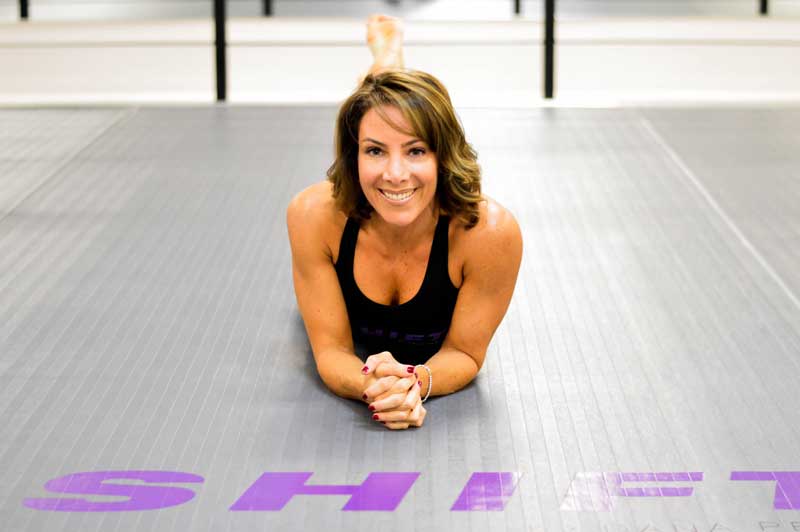Prior to the spread of the coronavirus, gyms were bustling, and we had places to do our workouts. With gyms being closed in large parts of the country, most of us have had to migrate to home workouts and substituting other things to stay active.
If you felt exercise guilt before the pandemic, what are you feeling now?
Exercise guilt is feeling guilty about missing a workout or taking extra time off. You try hard not to take time off even if you feel like you need it. Guilt comes from the thought you will be weaker or in worse shape if you take time off. Some people workout through injuries or illness rather than take time off and heal. It can even become dangerous. Injuries that are not allowed proper time to heal can become worse and more problematic.
Under normal circumstances exercise guilt can be difficult to deal with. With studios, gyms and athletic clubs being closed for months due to the pandemic people are having to find other ways to work out. Most people are setting up a room at home to try and work out. It may be for online classes or working out to a video. Other people are adding a bench and dumbbells. People who have the room are adding cardio equipment like a treadmill and bike.
For a while, working out at home is about the best you are going to get. You can add outdoor activities during the warmer months and blend in cardiovascular activity with your workouts. It can be challenging to replace a gym workout. Gyms have a lot of equipment that create a great variety of activities. You will want to figure out ways to so what you can do instead of what you want to do.
The mental, physical, and emotional aspects of your fitness lifestyle may be troubling for you based on what you are used to achieving. Working out at home may not provide you with all the equipment and resources you are accustomed to. It may be hard to resist the emotional strain of your expectations versus what is possible given the restrictions. You should not feel guilty about working out at a less intensity or duration than you are used to.
Here are a few options to consider:
- Reset your expectations
For the time being, you may need to rethink your goals. If you favor weight training, for example, you may not have access to all the equipment you need. Augment your routine for the equipment you do have and reset your expectations about results. If you favor group exercise, you may not have access to classes. Online classes may be the best substitute. Figure out what you must work with and determine reasonable expectations about what you can accomplish. Do not set yourself up for failure.
- Start slow and build up
It will take time to become accustomed to working out at home and figure out what you can do. You may be able to add space or equipment over time. You can learn new activities and add them to your routine. If you have not tried online classes, for example, you can add an online class to your routine. Give yourself the opportunity to start slow and build up momentum towards higher intensity workouts on a consistent basis.
- Talk about your feelings
You are not in this alone. Talk with friends, family, and workout partners. Everyone who is exercising is going through the same things you are. It helps to talk about how you feel. If you are having feelings of guilt about missing workouts or missing a type of workout, talk it through. Find people you relate to who you can talk to. Learn from other people by sharing your feelings and emotions. You will feel better knowing you are not alone.


